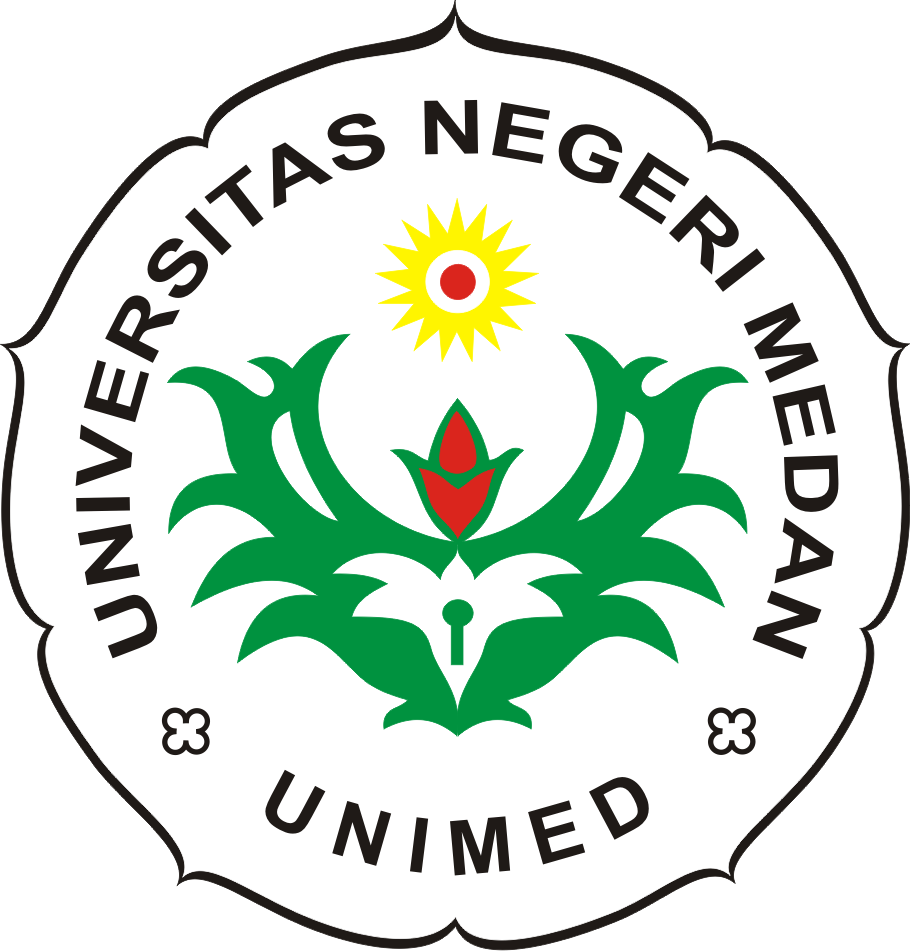THE EFFECT OF APPLYING ANIMAL CARTOON PICTURES ON STUDENTS™ ACHIEVEMENT IN WRITING NARRATIVE TEXT
DOI:
https://doi.org/10.24114/reg.v6i1.5371Abstract
This thesis is focused on the investigation of the effect of applying animal cartoon pictures on students™ achievement in writing narrative text. This study aims to find whether applying animal cartoon pictures significantly affect the students™ writing achievement or not. The data in this study were obtained by administering a written test. The population was the 2015/2016 first year (grade XI) of SMA Swasta Nusantara Lubuk Pakam and 66 students were taken as the sample by using random sampling. The sample was divided into two groups, experimental and control groups. The experimental group was taught by applying animal cartoon pictures while the control group without animal cartoon pictures (x = lecturing). The data were taken the scores from the pre-test and post-test to both experimental and control groups. These data were analyzed by using t-test. The result of computing the t-test obviously showed that t-observed is higher than t-table (5.21 >1,67) with the degree of freedom 64 (df =N-2) at the level significance 0,05 one tail test. It showed that the application of animal cartoon pictures significantly affected the students of SMA Swasta Nusantara Lubuk Pakam achievement in writing narrative text.Downloads
Published
Issue
Section
License
Authors who publish with this journal agree with the following terms:
- Authors retain copyright and grant the journal right of first publication with the work simultaneously licensed under a Creative Commons Attribution License that allows others to share the work with an acknowledgment of the work's authorship and initial publication in this journal.
- Authors are able to enter into separate, additional contractual arrangements for the non-exclusive distribution of the journal's published version of the work (e.g., post it to an institutional repository or publish it in a book), with an acknowledgement of its initial publication in this journal.
- Authors are permitted and encouraged to post their work online (e.g., in institutional repositories or on their website) prior to and during the submission process, as it can lead to productive exchanges, as well as earlier and greater citation of published work (See The Effect of Open Access).
- This work is licensed under a Creative Commons Attribution-ShareAlike 4.0 International License.






